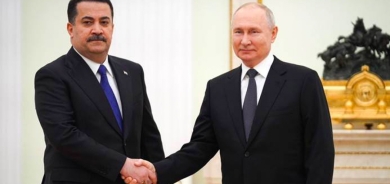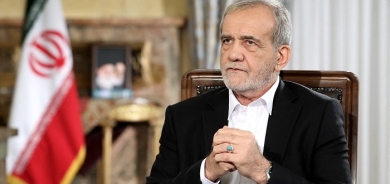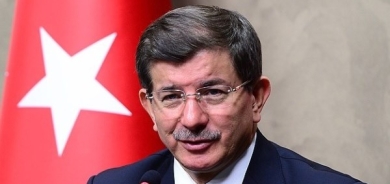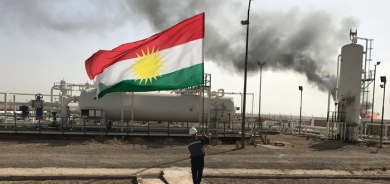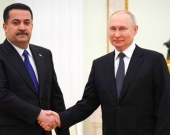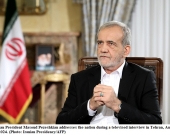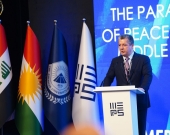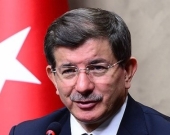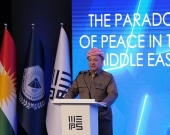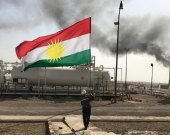US: Kurds Were Most ‘Organized and Daring’ Opposition in Syria in 2006

“The most organized and daring political opposition and civil society groups are among the ethnic minority Kurds,” William Roebuck, US charge d'affaires in Damascus, wrote in the December 13, 2006 cable, which was recently published on Wikileaks.
“This group has been willing to protest violently in its home territory when others would dare not. There are few threats that loom larger in Bashar’s mind than unrest with the Kurds,” he added, referring to the Kurdish unrest that erupted after clashes in 2004.
The US indicated a myriad of issues were facing the Baath regime, years before anti-government protests erupted in the country.
“We believe Bashar’s weaknesses are in how he chooses to react to looming issues, both perceived and real, such as the conflict between economic reform steps (however limited) and entrenched, corrupt forces, the Kurdish question and the potential threat to the regime from the increasing presence of transiting Islamist extremists.”
However, the US was not willing to press Kurdish rights, though there were indications that Arab-Kurdish relations are were improving, say Syria experts.
The US, however, believed it could weaken the Syrian regime by issuing public statements about Syria’s refusal to give citizenship to 200,000 Kurds and economic hardship in Kurdish areas.
Roebuck wrote that “publicizing human rights abuses will exacerbate regime’s concerns about the Kurdish population.”
But the US was also worried that U.S. statements about the Kurds could give the “wrong kind of prominence to Kurdish issues in Syria (and) could be a liability for our efforts at uniting the opposition, given Syrian (mostly Arab) civil society’s skepticism of Kurdish objectives.”
Syria’s military intelligence services in May 2006 believed there were US efforts to provide military training and equipment to the Kurds in Syria, the cable reported. Although the US did secretly fund Syrian opposition groups since 2005, there has not been any evidence that the US armed the Syrian opposition.
According to one independent journalist and researcher on the Kurds of Syria who asked to remain anonymous, the Arab opposition’s concerns about Kurds may be declining.
“There might well be elements of the opposition harboring concerns about Kurdish revolutionary aspirations, just as secular opposition may have concerns about the aspirations of Islamist groups.”
“That said, the overwhelming feeling on the ground is that Kurds and non-Kurds are working in mutual solidarity,” he added. “Irrespective of ultimate ideology, both sides appreciate the need for co-operation. This is evidenced by the slogans of Kurdish protesters, which are often in Arabic and emphasize inclusive Syrian identity, and solidarity with besieged Arab towns elsewhere in the country.”
He noted that the non-Kurdish opposition has reported been responding with shouts of Azadî – meaning “freedom” in Kurdish -- and many local organizations have recognized the important role the Kurds could now play in opposing the regime.
Khalaf Dahowd, co-chair of the Support Kurds in Syria Association, told Rudaw that nationalist Arab feelings no longer exist and that the US is currently supporting the Muslim Brotherhood over other parties.
“Most Arabs are supportive of Kurds. Why are they excluding both the Kurds, democratic and secular people from the picture? These people want to have a solution.”
There are around 1.7 million Kurds living in Syria. The October 7 murder of Michel Tamo, a leading Kurdish figure in Syria who was part of the opposition's Syria National Council, sparked demonstrations in Syria’s Kurdish areas which had largely stay away from anti-government protests.
A Syrian Kurdish activist Abu Rahman, who was imprisoned with Tamo, told National Public Radio that the regime feared Tamo because he was the rare Kurdish leader who fought for the rights of all Syrians, not just Kurds.

